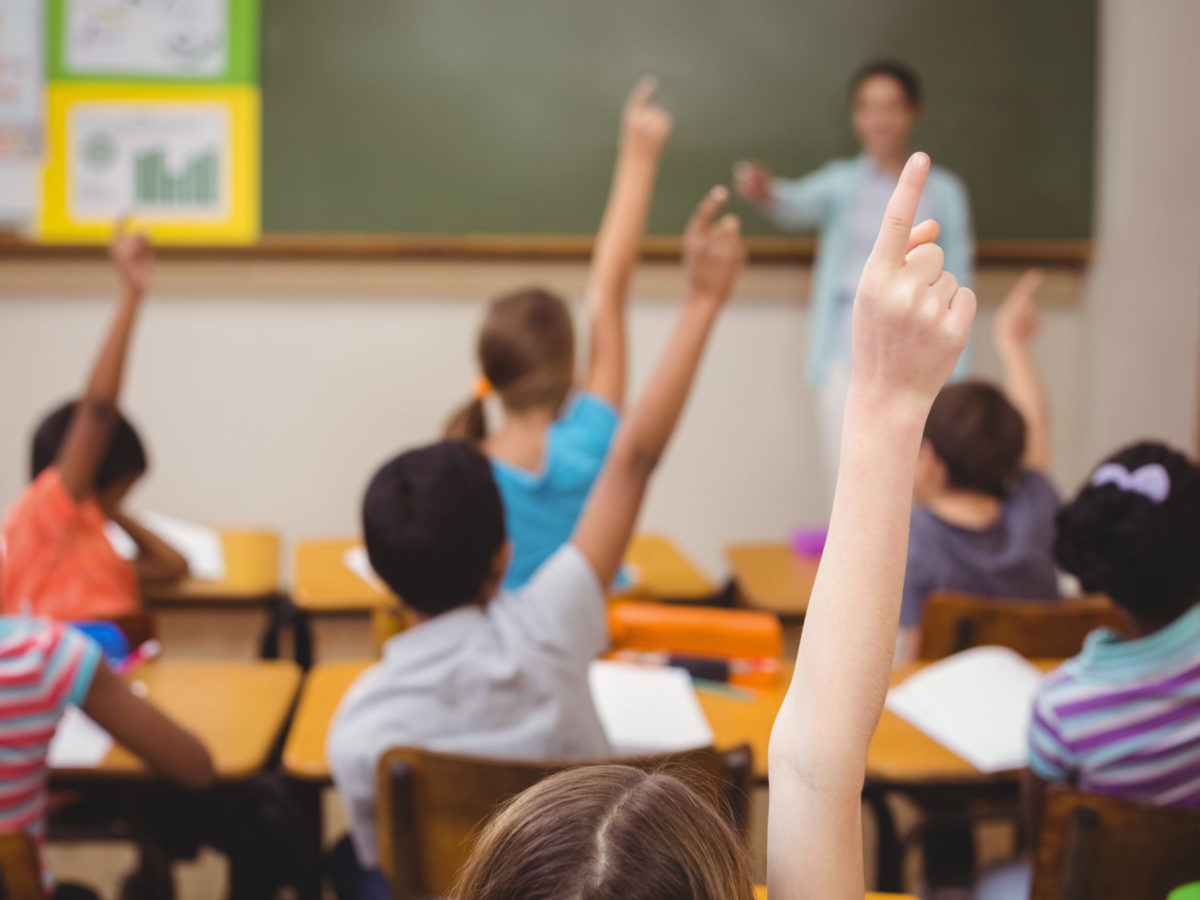
|
|
A new working paper by researchers using North Carolina data suggests teacher quality depends as much on the ability to raise social emotional skills as it does on the ability to raise grades.
The paper, from the Becker Friedman Institute for Economics at the University of Chicago, links schooling and criminal justice records to estimate the impact of elementary and middle school teachers on things like students’ grades and future contact with the criminal justice system.
The team found that similar to teachers’ effects on academic outcomes like test scores, teachers also have large effects on students’ future arrests, convictions, and incarceration. However, just because a teacher improves academic outcomes does not mean that same teacher will reduce future criminal justice contact (CJC).
The researchers found that teachers who excelled at improving academic outcomes were likely to improve students’ odds of attending college but not significantly reduce the odds of future CJC. However, teachers who excelled at improving nonacademic behavioral outcomes — like reducing suspensions and increasing attendance — were able to both improve academic outcomes and reduce the likelihood of future CJC.
“This is the message of the paper,” said Evan Rose, one of the researchers.
Sign up for the EdDaily to start each weekday with the top education news.
The education data are from the North Carolina Education Research Data Center and include more than 2 million students and 40,000 teachers in North Carolina from 1996 to 2013. The criminal justice data are from the North Carolina Administrative Office of the Courts and include arrests, charges, and sentencing.
Read a summary of the findings from the working paper here
According to Rose, about 40% of students in the data set had some CJC (including traffic offenses) between ages 16 and 21, and about 25% of students had a criminal arrest.
“So this is not some sort of thing that only a subset of students in a classroom are ever going to have to worry about,” Rose said. “It’s something that a lot of students are going to have to worry about. So if there’s ways that we can help evaluate and encourage teachers to build skills that are going to help students avoid this kind of outcome, I think it’s worth thinking about going forward.”
Researchers gauged teacher quality based on two different sets of measurements.
For academics, the researchers set averages for teacher quality based on teachers’ records for improving standardized test scores. The researchers then asked what would happen for a student who was taught by a teacher who measured one standard deviation above average based on this academic-focused measure of teacher quality.
They ran the same study with an alternate measure of teacher quality, using teachers’ records of improving behavioral outcomes, like rates of disciplinary action and attendance, instead of their impact on standardized test scores.
Rose said when his team began the study, they expected some correlation between a teacher who drives academic outcomes and reducing CJC. They were surprised to see little correlation there. While they were also surprised to see teachers above the average for behavioral outcomes impacting both academics and CJC, Rose said there is some basis in prior research for this finding.
“This is consistent with the big literature in the economics of crime, which has argued that the skills that are required to help people avoid contact with the justice system are focused in these sort of areas people call noncognitive skills — grit, determination, patience, all these kinds of things,” said Rose, referring to skills that education research often calls social emotional or durable skills.
The findings are especially relevant now as the state is engaged in discussions simultaneously on how to measure and assess effectiveness of (1) schools (read about redesigning school accountability here), (2) teachers (read about the Teacher Pathways work here), and students (read about Portrait of a Graduate here).
“What we’re showing is that both types of teachers are good for you — a teacher who increases your test scores is good for you, a teacher who improves your behaviors is good for you,” Rose said. “But it’s in different ways.”
“There’s a growing recognition in the economics of education, in literature and elsewhere,” he continued, “that thinking about teacher quality as this single dimensional thing where we only care about teachers who increase test scores might be missing a lot of important aspects of what teachers are actually doing.”
Recommended reading




